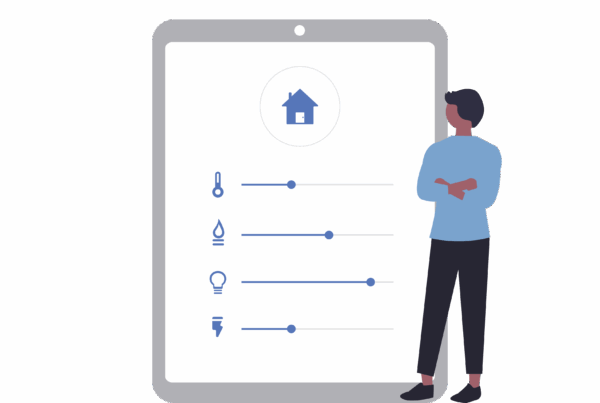
Securing your home WiFi network is crucial in safeguarding your personal information, devices, and online activities from potential threats. Implementing effective security measures ensures a safe and reliable internet experience for you and your family. Here are essential best practices and tips for enhancing the security of your home WiFi network:
1. Change Default Router Settings
Start by changing the default administrator username and password on your router. Default credentials are well-known and easily exploitable by hackers. Create a strong, unique password consisting of a mix of letters, numbers, and special characters to protect against unauthorized access.
2. Enable Network Encryption
Enable encryption protocols such as WPA3 (WiFi Protected Access 3) or WPA2 on your router to encrypt data transmitted between devices and the router. Encryption scrambles data, making it unreadable to anyone attempting to intercept it without authorization. Avoid using outdated or insecure encryption standards.
3. Update Router Firmware Regularly
Keep your router’s firmware up to date by installing updates released by the manufacturer. Firmware updates often include security patches that address vulnerabilities and improve overall performance. Configure your router to automatically check for and install updates to ensure ongoing protection.
4. Use Strong and Unique WiFi Passwords
Create strong, unique passwords for your WiFi network that are difficult to guess. Avoid using common words, phrases, or easily obtainable personal information. Consider using a passphrase composed of multiple words or a password manager to generate and store complex passwords securely.
5. Implement Guest Network for Visitors
Set up a separate guest network on your router for visitors or devices that don’t need access to your main network. Guest networks isolate guest devices from your personal devices and data, reducing the risk of unauthorized access or malware infections spreading across your network.
6. Disable WPS (WiFi Protected Setup)
Disable WPS on your router if not in use. WPS is designed to simplify the process of connecting devices to your WiFi network but can be vulnerable to brute-force attacks that compromise network security. Disable WPS through your router’s settings to mitigate this risk.
7. Enable Firewall Protection
Activate the firewall feature on your router to monitor and control incoming and outgoing network traffic. Firewalls act as a barrier between your network and potential threats, blocking unauthorized access and filtering malicious data packets. Configure firewall settings to enhance network security based on your specific needs.
8. Secure IoT Devices
Internet of Things (IoT) devices, such as smart home gadgets and appliances, often have default settings and weak security protocols. Secure IoT devices by changing default passwords, updating firmware regularly, and isolating them on a separate network segment if supported by your router.
9. Monitor Connected Devices and Activity
Regularly monitor the list of devices connected to your WiFi network through your router’s administrative interface. Verify that only authorized devices are connected and investigate any unfamiliar devices or suspicious activity promptly. Enable notifications or alerts for new device connections for proactive monitoring.
10. Educate Family Members on Cybersecurity
Educate everyone in your household, including children, on cybersecurity best practices. Teach them to recognize phishing attempts, avoid clicking on suspicious links or attachments, and understand the importance of maintaining strong passwords and updating software regularly.
Protect Your Home WiFi Network Today
By implementing these best practices and tips, you can significantly enhance the security of your home WiFi network and protect against cyber threats. Safeguard your personal data, devices, and online activities with proactive security measures.
Concerned about the security of your home WiFi network? Contact Dial a Nerd today for expert advice and solutions tailored to enhance your network’s security posture. Your peace of mind is our priority.
Securing your home WiFi network is a proactive step towards ensuring a safe and secure digital environment for you and your family.



